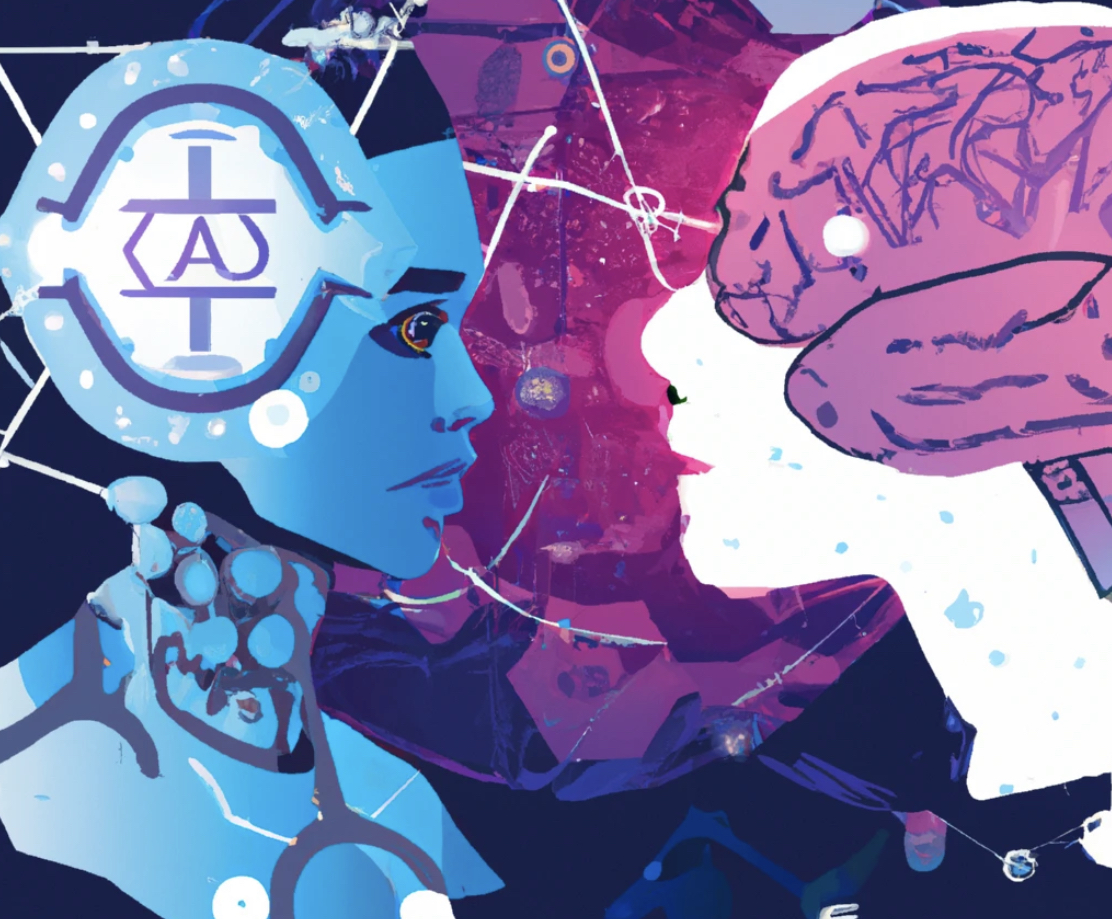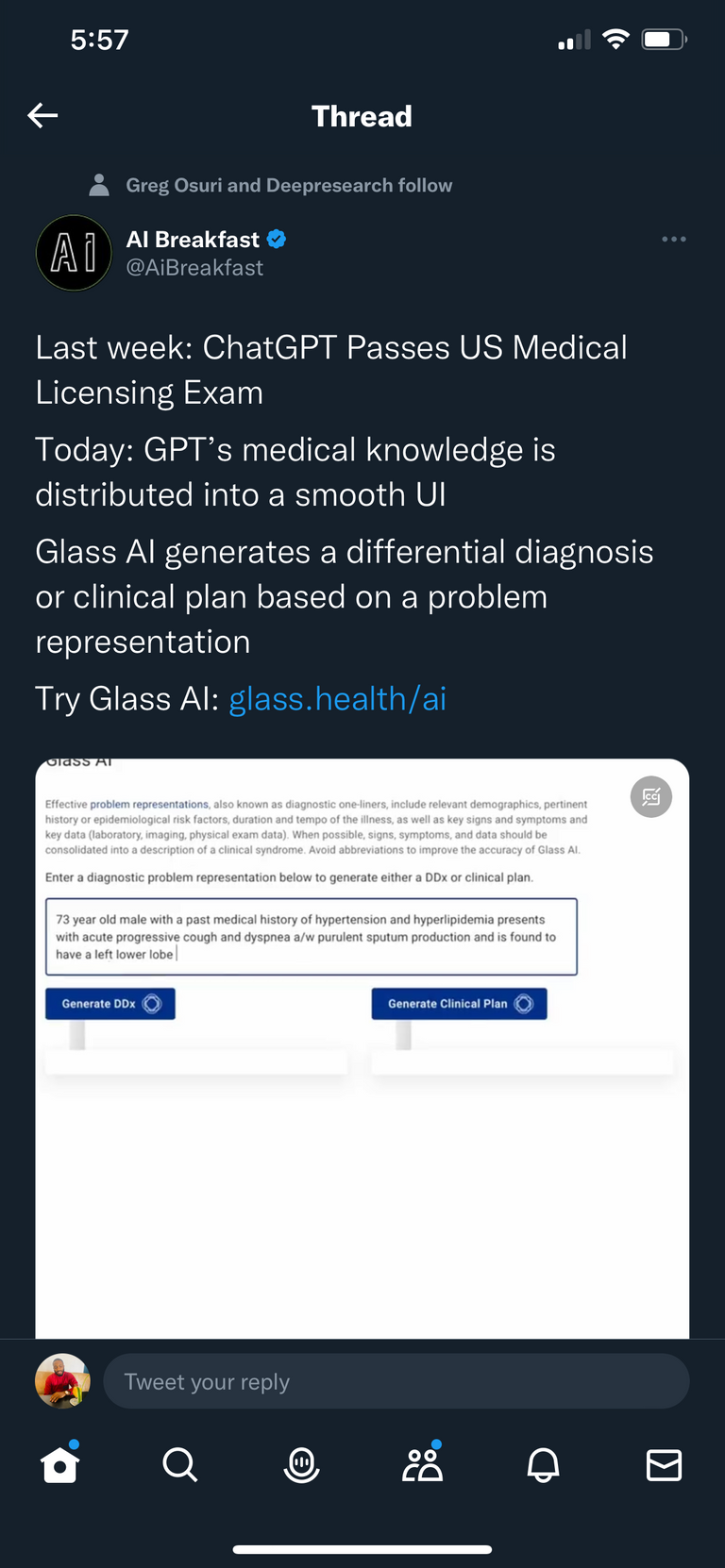
At the time I wrote this post a little over a year ago, ChatGPT hadn’t even become a thing, now with ChatGPT in version 3 the post just got more interesting. Think about it, ChatGPT but infused into NFT’s, so you have ChatGPT but with a face, of an image you customized or bought and that responds to your query in the way ChatGPT does, your JPEG essentially coming to life.
Now Alethea AI takes that idea up a notch by introducing personality pods into these NFT’s so they learn peoples personalities, portray them and become essentially, intelligent - iNFT’s and live on the blockchain.
iNFTs have access to networked Intelligence through Alethea AI’s protocol and will be capable of sense-making and possibly human-level Intelligence in the coming decades.
People say this is the most interesting age of technology and I can like to agree to that. There’s a lot happening especially in the world of AI, especially since the inception of ChatGPT, I have seen countless application of the AI model into different aspects of automation, from writing content to editing or creating images to analyzing data and drawing up charts, I see new applications almost everyday.

People are saying AI will take jobs, it is already happening, tech giants are laying off workers by the drove’s, sad to see but this is an inevitable future. From the screen shot above, it is obvious that ChatGPT will play a very important role in medicine going forward. AI will massively help in the following
Clinical Decision Support: Providing relevant medical information and recommendations to assist healthcare professionals in making decisions.
Symptom Checking: Helping patients identify possible conditions based on their symptoms, and guiding them towards appropriate medical care.
Medical Information Retrieval: Quickly providing answers to common medical questions, helping patients and healthcare professionals stay informed.
Medical Translation: Translating medical information into multiple languages to improve accessibility and facilitate communication between patients and healthcare providers.
Virtual Assistant: Providing administrative support to healthcare organizations by automating repetitive tasks and freeing up staff time for more critical responsibilities.
Medical Research: Assisting with the analysis of large amounts of medical data to inform new discoveries and advancements in medicine.
Unlike other fields of profession, it’s going to be hard to say AI will replace medical professionals, AI can support and enhance the work of healthcare professionals, but the complex and interpersonal nature of medical care requires the expertise and judgement of human doctors.
For example, AI can be used to assist with diagnoses, streamline administrative tasks, and analyze large amounts of medical data, but it cannot replace the empathy and human interaction that is so important in the doctor-patient relationship.
Plus, ethical and legal considerations such as informed consent, patient privacy, and accountability also limit the scope of AI's role in medicine. In short, AI is not expected to take the jobs of doctors, but rather to augment and improve the quality of care they provide.
We could go on and on….these discoveries are super exciting, it’s such a cool time to be alive.
Posted Using LeoFinance Beta
